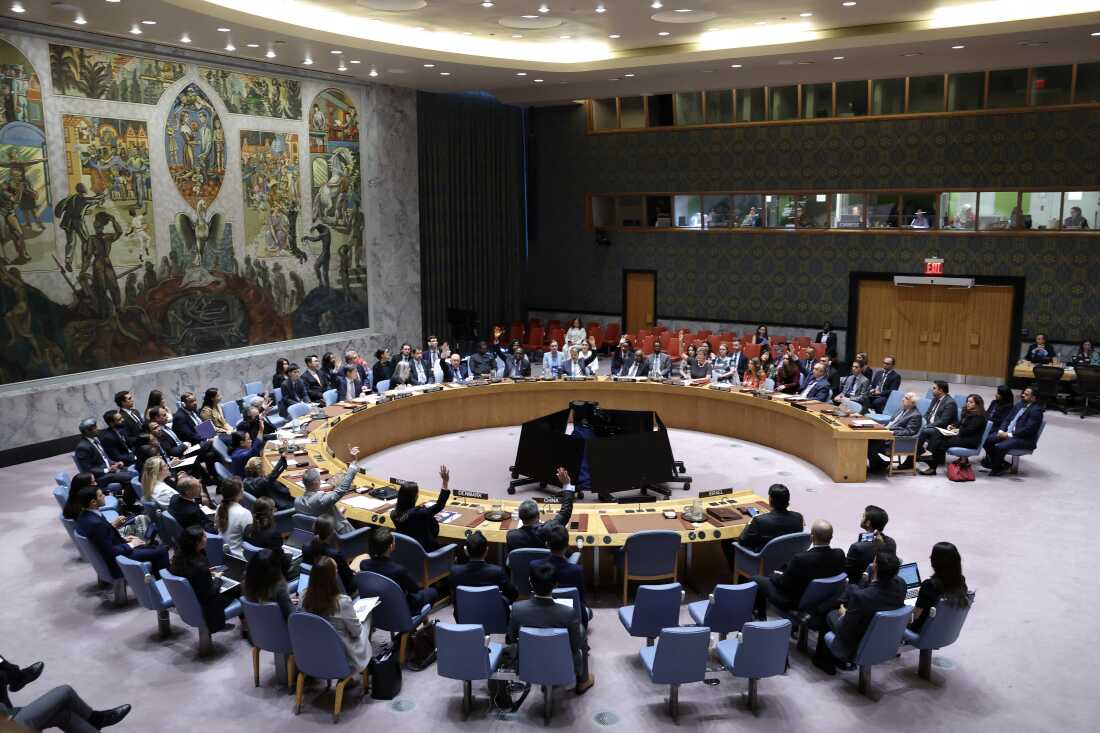Understanding the Legal Definition of Genocide
The term genocide has a precise legal foundation rooted in the 1948 United Nations Convention on the Prevention and Punishment of the Crime of Genocide. Under this treaty, genocide is defined as acts committed with the intent to destroy, in whole or in part, a national, ethnic, racial, or religious group. These acts include killing members of the group, inflicting serious physical or mental harm, deliberately creating conditions of life to cause destruction, preventing births, and forcibly transferring children.
The challenge lies not only in identifying whether such acts occur, but also in establishing intent. This is considered the most difficult element to prove in court. Institutions such as the International Court of Justice and the International Criminal Court have addressed cases of genocide in Rwanda, Srebrenica, and Myanmar. These cases show how intent is scrutinized through both statements by leaders and the outcomes of military campaigns. The legal complexity makes the Gaza case a defining moment for international law.
The Debate Over Intent in the Gaza Conflict
Determining intent has become the focal point of the Gaza genocide debate. Legal scholars and human rights advocates emphasize that intent can be inferred from patterns of civilian harm, displacement, and rhetoric by political leaders. In Gaza, widespread destruction of infrastructure, mass civilian casualties, and restrictions on humanitarian aid have fueled claims. These claims suggest that these acts constitute genocide. Supporters of this view argue that when conditions imposed on a population make survival nearly impossible, the only reasonable conclusion is genocidal intent. Critics, however, maintain that military operations target armed groups and are conducted in self-defense. They claim this disqualifies them from being categorized as genocide. The divergence between these perspectives underscores why the interpretation of international law remains highly contested. It also explains why the word genocide carries such weight in shaping global opinion and political pressure.
Global Responses and the Future of Accountability
The question of genocide in Gaza has shifted from academic debate to political discourse. Governments, organizations, and activists have adopted positions that influence international relations. According to United Nations Human Rights Office, violations of international law require urgent scrutiny. This is regardless of whether the threshold of genocide is met. Humanitarian organizations argue that the blockade and famine conditions represent systemic violations of civilian rights. Meanwhile, state actors emphasize strategic and security considerations. Public opinion polls reveal a growing willingness among citizens in various countries to describe the situation as genocide. This further complicates foreign policy approaches. The role of the UN Security Council is central, but political divisions and veto powers often paralyze concrete action. As the conflict continues, the debate over genocide is no longer just about semantics. It is about accountability, justice, and the credibility of the international system to prevent and punish mass atrocities.



